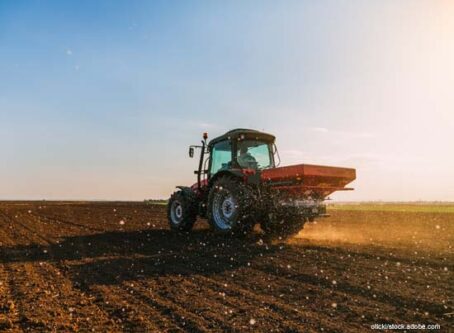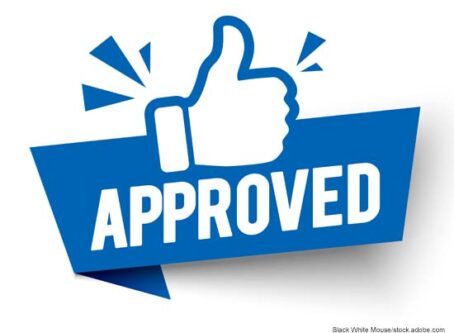Appellate court throws out lawsuit claiming DPFs should not be taxed
A federal appellate court has affirmed a lower court’s ruling dismissing a lawsuit filed by a truck dealership against the U.S. government. The original complaint argued that the 12 percent federal excise tax on truck and trailer sales should not apply to diesel particulate filters.
On Aug. 23, the Eighth Circuit U.S. Court of Appeals affirmed a district court’s dismissal of the lawsuit filed by Cedar Rapids, Iowa-based Thompson Truck and Trailer. The question was whether or not a DPF qualified as a “part or accessory.” Thompson claimed “part or accessory” is ambiguous. Both the district court and appellate court disagreed.
In the complaint, Thompson argued that the 12 percent federal excise tax on truck and trailer sales should not apply to DPFs, which adds approximately $8,000 to the retail sales price of each truck before the tax is included, the lawsuit alleges.
In 2001, the Environmental Protection Agency launched the Clean Air Act, which tightened emission standards for heavy-duty truck engines of model year 2007 and beyond. To comply with the new regulation, manufacturers began installing DPFs.
According to the lawsuit, DPFs serve two functions: to collect particulate matter from truck exhaust and to oxidize and break down the particles.
An Internal Revenue Code imposes on the first retail sale of heavy trucks and trailers a 12 percent tax of the amount for which the truck or trailer is sold. This tax applies to five categories:
- Automobile truck chassis.
- Automobile truck bodies.
- Truck trailer and semitrailer chassis.
- Truck trailer and semitrailer bodies.
- Tractors of the kind chiefly used for highway transportation in combination with a trailer or semitrailer.
The tax also applies to “parts or accessories sold on or in connection therewith or with the sale thereof” of the above categories.
Thompson Truck and Trailer filed the lawsuit claiming International ProStar trucks sold were incorrectly taxed by including DPFs in the calculations. The company claims that the statute does not define “parts or accessories,” and therefore does not address their specific claim.
Furthermore, Thompson Truck and Trailer also pointed out another section in the tax code that addresses “Installed Equipment Regulation.” The statute states that “equipment or machinery installed on a taxable chassis or body is considered to be an integral part of the taxable chassis or body if the machinery or equipment contributes toward the highway transportation function of the chassis or body.”
The code goes on to say that amounts charged for equipment are exempt from the tax if such “equipment does not contribute toward the highway transportation function of the chassis or body.”
Thompson argued that the two exclusive purposes of DPFs do not qualify as contributing toward “the highway transportation function” of the truck. Therefore, DPFs should be exempt from the 12 percent excise tax.
In its opinion, the appellate court defended the decision to throw out the case:
“We conclude that when the phrase ‘parts or accessories’ is given its ordinary or natural meaning, the statute is not ambiguous and the filters fall within its scope. A ‘part’ is ‘any of the manufactured objects that go to make up a machine or instrument, now esp. a motor vehicle; a component.’ And an ‘accessory’ is ‘a subordinate or auxiliary thing; an adjunct; an accompaniment; (now) esp. a minor fitting or attachment.’”
Based on those definitions, the courts concluded that DPFs are components of the trucks or minor fittings or attachments included with the trucks, thereby nullifying Thompson’s basis for its complaint.
The trucks sales company calculated the value of each DPF at $8,000. Based on that calculation, Thompson argued that each truck was erroneously charged an additional $960 by factoring in the DPFs in the 12 percent tax. The company was seeking a $387,840 tax refund, which amounts to more than 400 trucks.
Thompson Truck and Trailer has six dealerships in eastern Iowa and western Illinois.









